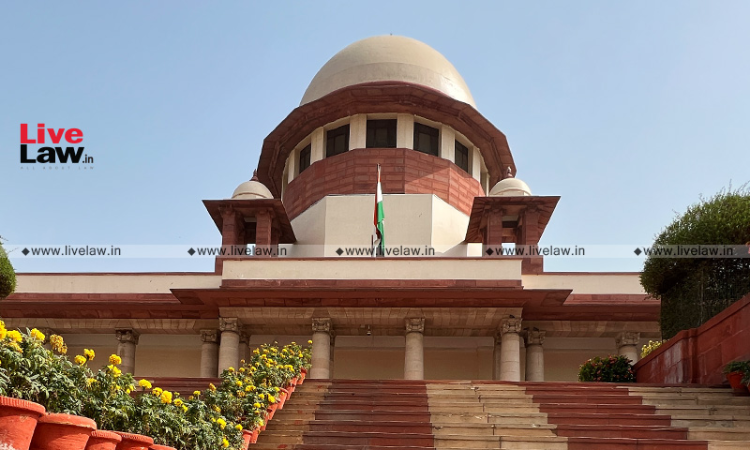The Supreme Court, recently (On November 08), while setting aside a conviction in a murder trial, reiterated the well-established law that there are three types of witnesses-, one those who are wholly reliable, second one is wholly unreliable, and lastly, the one who are neither wholly reliable nor wholly unreliable. The reliance was placed upon the landmark decision of Vedivelu Thevar v....

